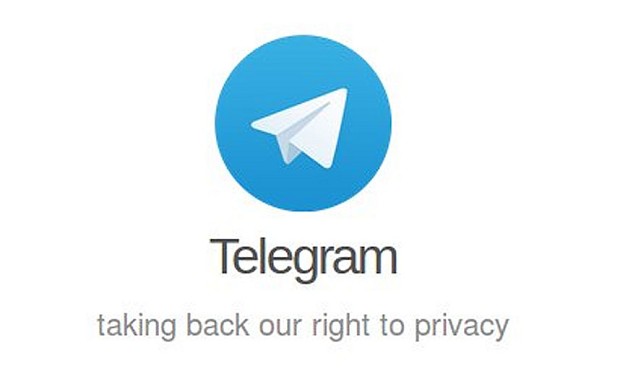In February 2014, WhatsApp was sold to Facebook for an unbelievable figure – 19 billion dollars. Within the next few weeks, it was all over everybody’s blogs, Facebook statuses, lunch conversations, and even kids in school were talking about it. People could not understand that a company whose only product is a messaging app could be worth that much money.
WhatsApp is not the only messenger out there. Snapchat, Facebook Messenger, LINE, WeChat, and many others are also stakeholders in the industry. They proved to be a cheap alternative to operator-based text messaging via SMS, and they provide many more features that SMS doesn’t have. According to statistics, in August 2015, WhatsApp has an active user number of 800 million, Facebook messenger has 700 million, and WeChat has 600 million. If we just do a simple math and not include all added features that each messenger provides, all chat messengers have a combined valuation of over 200 billion dollars. That’s half of Google or 4 times more than Yahoo!.
Interestingly on the contrary side, all these messaging apps struggled to figure out their revenue model. Evan Spiegel, the co-founder of Snapchat, acknowledged in an interview the extreme difficulty of making a feasible one. Many internet companies are backed by ads revenue. Google, for example, revealed in their multiple annual reports that more than 90% of their revenue comes from ads. One of their many services, Google Adsense, analyzes a web page and provides advertisements that best fit the content of that page. However, most people on messengers send private messages to their friends, and it is impossible to insert any ad into the conversation. Out of privacy concerns, it is also unlikely to run algorithms on user’s messages to provide personalized recommendations.
Realizing this limitation, apps began to expand their service into other communication areas, such as emojis, playing games with friends, sending money, interesting new content, etc. This is a very successful first step. In 2013, LINE reported in their Q2 quarter report, that out of their $100 million quarterly revenue, game purchase and in-game purchase accounted for 53%, and emojis accounted for 27%. Snapchat is piloting the new discovery feature that pushes sponsored content to the user. With the existing ads before playing video revenue model, the company stated that their revenue is estimated at $50 million dollars this year.
In addition to these efforts, LINE and WeChat also aim to build up their own ecosystems. WeChat launched a feature to send money to multiple friends in January 2014. It targets the Chinese tradition of giving monetary gifts to friends and family for auspicious blessings on special occasions. On 2015 Chinese New Year’s Eve, more than 1.5 billion “red envelopes” were sent on a single day. WeChat also keeps a semi-bank account for a user. Besides sending money to friends from the account, the money could also be used to make purchase, refill phone cards, call a taxi, pay utility bills and many more. WeChat has built a successful image within China and it has penetrated into many aspects of people’s life.
In conclusion, the entire messenger ecosystem is very enormous. The user-to-user communication nature allowed exponential growth in the user base. With the vastly and constantly growing user base, companies are able to reach billion dollars valuation within a very short amount of time. The next step, to achieve their billion dollars revenue, companies are experimenting to expand their services into our daily life. LINE and WhatsApp have built up their ecosystem that allows users to call taxis, stream music, order foods, and we can predict soon other companies will have similar strategies to expand their verticals.








